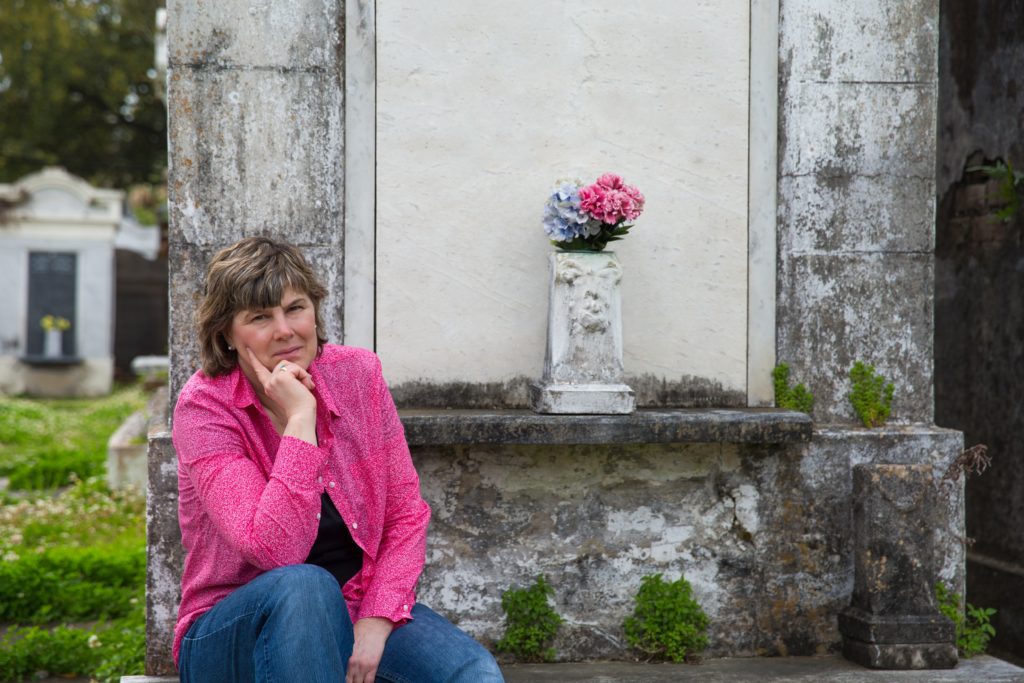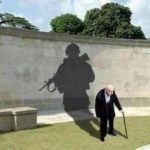Reading this post will upset some of you. I don’t write from a position of wishful thinking, but rather from one of personal experience. I’m a recovering addict who works in the field of addiction. I’ve sat with hundreds of addicts and their families, and one thing is very clear;
Addiction needs help to progress and thrive.
I’ve spent many years banging my head against the wall, talking to the addict’s family. I see, what they don’t. Their son, daughter or spouse in treatment, sharing in group, bragging about how they can manipulate their family. They get feedback from their peers and counsellors and are forced to look at the impact of their addiction. Most don’t like it. They might phone their family and complain about the rules, or say something like treatment is a waste of time, or someone isn’t treating them right. The addict wants to leave treatment and needs help to do it. They need a place to go and money or a ride to get there. They case-build on each phone call, eventually talking their family into seeing things their way.
Just recently a woman came to get her son after he phoned saying he’d learned enough and could stay clean on his own. Her son had talked openly about leaving in group the day before. He didn’t like getting up early. He didn’t like rules or structure. He wanted to go home and ‘chill’ code for getting high. He acknowledged his Mom was easily manipulated. I told her this, but she didn’t believe me. She said she trusted her son and knew him better than anyone else. I begged her not to take him with her. He wasn’t ready and he wouldn’t make it. I told her he would use. She said he’d promised her, he wouldn’t. I reminded her that his words and actions weren’t matching up. He was promising not to use and walking out of treatment. His actions matched those of a relapse, not one of sobriety. Within 48 hours this young man died from overdose. His Mom found him. I can’t imagine the pain she must be in.
Almost always (not always, but ALMOST always) when the family changes their role in addiction, the addict is forced to change too. I seriously believe we are treating addiction wrong. I don’t think we should treat the abuser first. The substance abuser would have a far better chance if we started with family therapy first and then brought them into treatment.
This post is a wake up call. If your son or daughter is in treatment and case-building, or asking you to keep secrets, contact their counsellor immediately. Relapse starts long before substance is consumed.
This is why I write. I’m passionate about helping addicted persons and their families overcome the obstacles of addiction. I write from personal and clinical experience. I write because addicts are dying and their families are suffering. I write – because I’m telling on addiction.
I Love You To DEATH.
If you didn’t know about addiction, you might think it was the person sticking needles in their arm or drinking themselves to death, who had the problem.
But strangely enough when you look behind the scenes the addict might be the least ‘sick’ of the bunch.
Addiction requires an enabling system (yes, I know I sound like a parrot, but maybe if I say it enough times, enabling, enabling, enabling… it might sink in).
Family members tell me, “I don’t want to upset them.” That’s code for, “I don’t want to feel upset.”
No more excuses people! Let’s just say it like it is. Enabling is a selfish, self-serving, behaviour. It’s not about ‘helping’ the sick person get well. It’s about avoiding confrontation and uncomfortable feelings.
Enabling is also a form of using. When you say ‘yes’ you experience instant relief perpetuating longer term misery.
Enabling is addictive. If you don’t believe me, just try and stop.
Enabling like addiction, is a progressive illness.
Phase One:
Enabler is upset about addicted person’s using and behaviour. They set rules and boundaries threatening to leave or kick the person out if using reoccurs.
Phase Two:
Addict/Alcoholic repeats the behaviour. Enabler rants “you are ruining my life!” Enabler warns, “Last chance! if you do it again I will leave/you’ll be kicked out for sure!”
Phase Three:
Addict/Alcoholic repeats the behaviour. Enabler doesn’t leave, or kick them out. Instead their home becomes a revolving door. They become tolerant of intolerable and dishonest behavior. Over time they get bitter, blaming and resentful, living in what they once said they would not. They’re consumed with the addict/alcoholic at the cost of all other relationships. They adopt victim mentality as their emotional well being grows more dependent on the addicted person.
Enablers adopt the same essential symptoms as the addict. It becomes habitual for them to minimize, justify, rationalize, deflect, avoid, isolate, blame, excuse and tolerate, abusive behaviour. They practice denial and are often in self-pity, continuing the cycle of delusional attempts at ‘helping.’
Both enabler and addict have lost the ability to be honest, or see themselves with any clarity. Both will be angered when confronted on their behaviour.
Some enablers spend their whole lives waiting for the other person to change.
Enablers can experience weight loss/gain, high blood pressure, ulcers, headaches, migraines, insomnia, depression, heart disease and stroke.
Many enablers will become workaholics, shopaholics, or develop a relationship with prescription medications, or alcohol, themselves.
Enablers to put it bluntly, can love their addict to death.




Rene'
So true. I once heard a therapist say, “Without an enabler there wouldn’t be an addict.”
Julie Barrett
Omg wow. I have no other words to say
Arthur
Hi there! I’m at work browsing your blog from my new apple
iphone! Just wanted to say I love reading through your
blog and look forward to all your posts! Carry on the excellent work!
Lorri
You.couldn’t have described the family more perfectly! I wholeheartedly agree we should address the family first. As a Family Peer Support Specialist, I am often the person the family gets upset with. This is easier than holding their loved one accountable! This distorted anger buys their loved one more time to manipulate and to deflect from the their substance use. Denial and avoidance on the part of the family puts the loved one one step farther from receiving help and one step closer to overdosing as dying.
Leanne
I likened my alcoholic husband to the toddler in the shopping trolley throwing a tantrum and I likened myself to the mother that said here have anything you want just so you shut up.I was terrified of his tantrums he is quite a big man and I am quite small.Now I just say no to him and walk away and leave him kicking and screaming in the shopping trolley or on the floor.It was hard to do as his tantrums get bigger and bigger and more and more hurtful and frightening.Hopefully soon he will understand that when I say “No” I mean no.
Lauren
Thank you. After reading your wise words, I have more strength to continue to detach from my manipulating son.
Jo
Wow, this reminds me of the book co-dependent I read years ago instead of co-dependent with my husband I am repeating it with my daughter. Although I have closed all doors. She no longer can live with me, I have her three children, I turned off her phone and refuse to give her money when needed